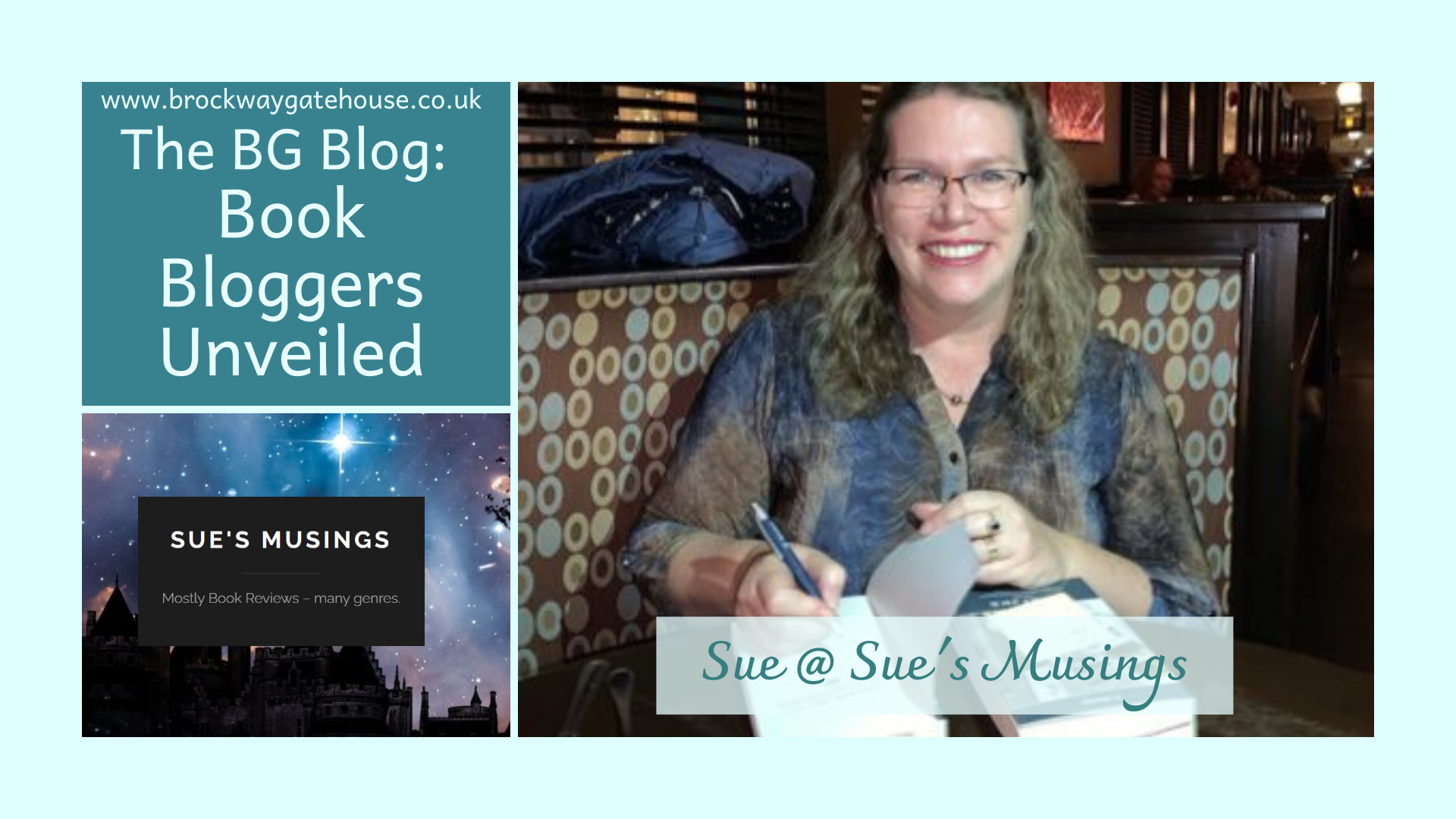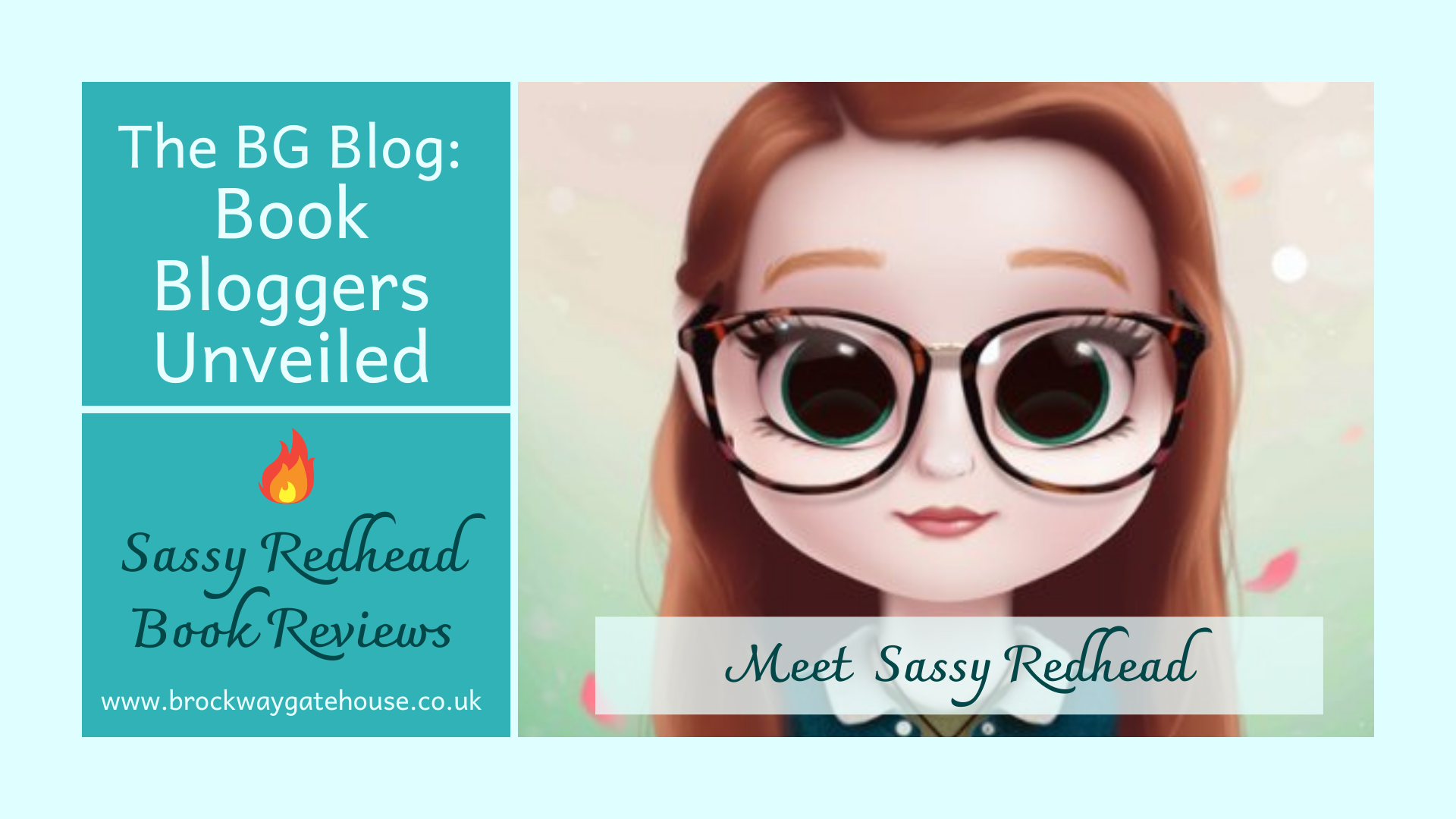The difference between a writing coach and a mentor is a coach works with you for a particular purpose or goal. A mentor is a guru who is with you over an extended period in an advisory role. The relationship between coach and client is shorter-term versus longer-term mentoring relationships.
The confusion between coaching and mentoring

It’s all too easy to confuse coaching and mentoring. Both aim to help clients learn from their experiences to overcome difficulties or succeed in various areas of their lives. Those in the process want to improve, usually through setting goals or working towards new skills.
Both approaches also rely on regular interactions to make a change. Coaching/mentoring sessions are used to review progress, decide on the next steps and gain more insight into what else they could do and how. Without these regular meetings, it is unlikely that any progress would be made.
The exchange of knowledge is a fundamental feature of coaching and mentoring, with each situation having a “teacher” and “student” in some capacity. In mentoring, this knowledge transfer is more direct and may be directly related to the individual’s role. In coaching, the information and guidance focus on how to unlock potential, what processes can be used to achieve success, and how to understand your own strengths and weaknesses.
Finally, mentoring can often involve aspects of coaching and vice versa. A mentor may coach their “student” by making a suggestion that helps them improve their self-awareness and trigger personal development.
However, there are essential differences between coaching and mentoring.

The differences between mentoring and coaching make each more suitable for different situations.
Firstly, a writing coach provides guidance and an actionable framework for growth and development. A mentor, on the other hand, centres around building a relationship between two people. While individuals may have a good relationship with their coach, trust and understanding are at the core of a successful mentoring relationship. More time is often invested in ensuring that the mentor and mentee are happy to work together.
The mentor and mentee relationship may see the mentor’s connections being utilised. For example, to open more doors and provide opportunities for experience and networking, which tends not to be offered in a coaching relationship.
Often, coaching focuses on what can be done in the present, which is another significant difference. In contrast, mentoring looks to the future and decides what needs to be done later to achieve the mentee’s goals. Having said that, goal setting and overall aspirations are aspects of coaching. However, coaching focuses on improving your performance now to uncover potential while putting systems in place to allow you to be more successful in the future.
While every scenario varies, coaching tends to be a shorter process. It may only last until a coachee is thought to have improved and feels more prepared to carry on without additional support. On the other hand, a mentorship relationship is often a long-term arrangement. The mentor and mentee will keep in touch for check-ins and reviews, and the mentor may support their mentee’s entire journey.
Finally, a coach will often have more training and qualifications in techniques and approaches to coaching development under their belts than a mentor. They may even be expressly certified as a business or development coach. Mentors usually have more experience and knowledge of the industry they work in. However, they’re less likely to be certified to coach.
What is coaching?

Coaching is a developmental process focusing on improving performance and achieving goals. It measures what skills, tools, and resources are available and builds on these to enable progress and achievement.
At its core, coaching believes that individuals already have everything they need to achieve what they want. Coaching aims to reveal this potential and help the individual realise how to succeed. A coach highlights the existing tools instead of teaching them something new.
Coaching is also about helping an individual develop self-awareness. This is so that the coachee can realise their skills, work out what they want to achieve, and create realistic strategies for getting there. By the end of a coaching period, an individual will have a workable framework. They should also feel empowered and fully equipped to set and achieve goals without relying on someone else for support and guidance.
What is a writing coach?
A coach enables development by working with individuals to help them realise their potential and plan to achieve their goals. It is not a coach’s job to teach anything new or set out instructions about what needs to be done. Instead, a writing coach asks questions and provides a framework for individuals to find solutions to their challenges.
A coach is usually a trained professional who has studied and developed coaching practices and models. They are hired by individuals (or companies) to guide and reveal hidden abilities and aspirations, enabling reflection without offering direct instructions.
What can you expect in a coaching session?
A coaching session is a meeting between a client and a coach, where personal development is the main focus. The coach assesses the client’s current situation and suggests what needs to be revised to accomplish specific objectives. Coaches can’t tell you precisely what to do but may offer strategies to point you in the right direction. They will utilise coaching techniques in the tasks they set you.
A coaching session consists of objectives and activities the coach instructs the coachee to complete to achieve those specific goals. It’s not about sitting down and asking for someone else’s advice. It is about following through on those instructions so that you begin to see improvement in your personal and professional performance.
What is the difference between coaching and training?
I thought I’d deviate a moment to highlight the confusion between coaching and training.
Training is another method of learning that can easily be confused with coaching. However, an easy way to remember is that training involves acquiring new skills through transferring knowledge. In contrast, coaching builds on your skills and enhances your existing talents.
What is mentoring?

Mentoring is another developmental process that relies more on the relationship between two people and the transfer of knowledge that comes from this. By pairing an individual with a more experienced peer, learning and development can occur more equally. A relationship of support and trust can be developed, leading to more meaningful progress.
Mentoring comes in many forms. Utilising the mentor’s experience and ability to pass on knowledge or starting from what the mentee can get from the relationship and what they hope to achieve. There doesn’t have to be a hierarchical difference in skill or experience in mentoring; sometimes, the mentor may be less qualified but possess skills that another may benefit from. The outcome of mentoring is to drive long-term growth and career development.
What is a mentor?
A mentor is a guide or supporter. They have extensive skills and experience and offer training and insight to someone at an earlier stage of their journey or right at the beginning.
The formality of a mentor’s role can vary based on what is appropriate for the situation. For example, companies create mentoring programmes between senior and junior employees. These programmes may have regularly organised meetings, structured systems of measuring improvement and a set timeframe. In contrast, other mentorship schemes may be more informal and about building supportive relationships.
What can you expect in a mentoring session?
Mentoring meetings are guiding conversations where your mentor will advise you rather than give hands-on instruction for you to follow. Mentors generally have already succeeded in the aspect of life you want guidance in. They’ll have more expertise and knowledge than you and share it during your sessions.
A mentoring session may focus on helping you improve your goal-setting skills. You can use the time to ask specific questions or for general advice. During a mentoring session, you’ll gain insights into life’s challenges and possibilities, such as career development, specific skill requirements, and business collaboration.
Writing coach or mentor, which is right for me?

Coaching and mentoring are instrumental ways to develop and learn. Many authors and business owners use both to support and enhance their growth.
A mentor gives advice and act like a role model by sharing helpful information over an extended period, while a business or writing coach enable you to take action with a framework. When seeking these services, look for information on their processes to make an educated decision about the support you require and what they give while working with them.
If you’re wondering if you’d benefit from utilising a coach or mentor, I can confirm that they’re incredibly beneficial strategies for everyone involved. Mentors and coaches can assist you in achieving your objectives.
Want a writing coach? Check out my coaching services.

































![small new bashful logo[364]](https://brockwaygatehouse.co.uk/wp-content/uploads/2022/06/small-new-bashful-logo364.png)























